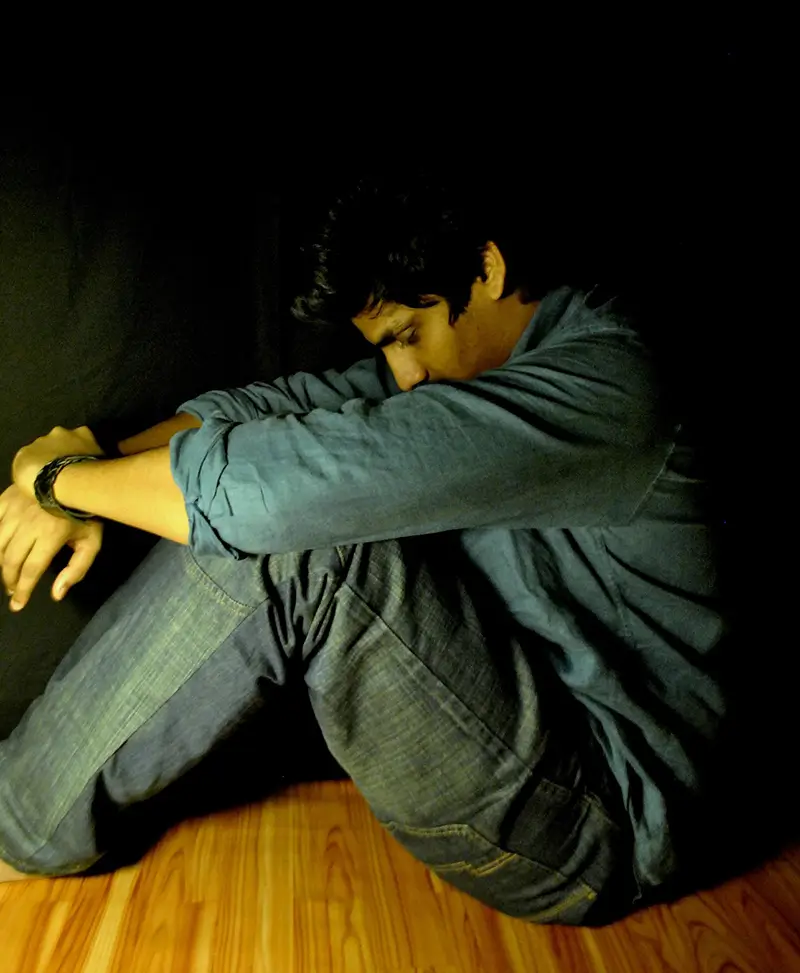Our therapeutic focus
Impulse-Control
An individual having issues or difficulties regulating their emotions and behaviors, could be said to have a mental health conditions known as Impulse-control disorders (ICDs). These difficulties can result in actions that may be harmful to the person or those around them. ICDs encompass a range of conditions, including disruptive and conduct disorders.
Impulse-Control Disorders
Impulse-control disorders (ICDs) are a group of mental health conditions where individuals experience significant difficulty in resisting urges or impulses to perform actions that may be harmful to themselves or others. This lack of control can lead to behaviors that violate social norms, cause distress, and impair functioning in various aspects of life.
Key Features of Impulse-Control Disorders:
Examples of Impulse-Control Disorders:
- Intermittent Explosive Disorder (IED): Characterized by frequent episodes of anger, aggression, or verbal outbursts that are disproportionate to the situation.
- Kleptomania: An irresistible urge to steal items that are not needed for personal use or monetary value.
- Pyromania: A fascination with fire and an irresistible urge to set fires.
- Trichotillomania: Repetitive pulling out of hair, leading to noticeable hair loss.
- Excoriation (Skin-Picking) Disorder: Repetitive picking at one’s skin, often causing skin lesions and distress.
It’s important to remember that ICDs are real mental health conditions, and individuals struggling with them need understanding and support. If you or someone you know is experiencing symptoms of an ICD, seeking professional help is crucial for diagnosis and treatment.


Causes of Impulse-Control Disorders
The causes of impulse-control disorders (ICDs) are complex and not fully understood, but these several factors are thought to contribute.
Genetics
Some studies suggest that genetics may play a role in the development of ICDs. People with a family history of mental health conditions, such as mood disorders or substance use disorders, may be more likely to develop an ICD.
Brain chemistry
ICDs. For example, low levels of serotonin, a neurotransmitter that helps regulate mood and impulse control, have been linked to some ICDs.
Trauma and stress
Traumatic events or chronic stress can affect brain function and increase the risk of developing impulse-control disorders.
Environmental factors
Environmental factors, such as childhood trauma, abuse, or neglect, can also increase the risk of developing an ICD. These experiences can affect brain development and function, making it more difficult to regulate emotions and impulses.
It’s important to note that ICDs are complex conditions, and the exact causes can vary from person to person. In many cases, a combination of genetic, biological, and environmental factors may contribute to the development of an ICD.
Symptoms of Impulse-Control Disorders
Impulse-control disorders (ICDs) are a group of mental health conditions where someone has trouble controlling their emotions or behaviors. This can lead to actions that could be harmful to themselves or others.
Here are some common symptoms of ICDs:
Difficulty resisting urges
People with ICDs experience intense urges or impulses that are hard to resist, even if they know the action is wrong or harmful.
Tension before acting
They may feel a buildup of tension or excitement before acting on the impulse.
Relief after acting
The act itself might bring a sense of pleasure or relief, which reinforces the behavior.
Guilt or remorse afterward
Many, but not all, individuals with ICDs experience feelings of guilt or remorse after acting on the impulse.
Negative consequences
The behaviors associated with ICDs can lead to significant problems in a person’s life, such as relationship difficulties, legal trouble, or financial problems.
It is important to note that not everyone with an impulse control disorder will experience all of these symptoms. The specific symptoms and their severity can vary depending on the type of ICD and the individual.
If you are concerned that you or someone you know may have an impulse control disorder, it is important to seek professional help. A mental health professional can assess your symptoms and provide a diagnosis if needed. They can also develop a treatment plan to help you manage your impulses and behaviors.
Effectively Manage Impulse-Control Disorders
Managing impulse-control disorders (ICDs) involves a multifaceted approach that combines therapy, lifestyle adjustments, and sometimes medication. Here are some effective strategies.
- Therapy: Cognitive Behavioral Therapy (CBT) is a common treatment for ICDs. It helps individuals identify and challenge negative thought patterns and develop coping mechanisms to manage urges and impulses. Dialectical Behavior Therapy (DBT) is another type of therapy that focuses on emotional regulation and mindfulness techniques to reduce impulsive behaviors.
- Medication: In some cases, medication may be prescribed to manage ICDs, particularly if there are co-occurring mental health conditions like depression or anxiety. Antidepressants, mood stabilizers, or anti-anxiety medications may be used depending on the specific needs of the individual.
- Lifestyle Adjustments: Making certain lifestyle changes can also help manage ICDs. Regular exercise, a balanced diet, and sufficient sleep can improve mood and reduce impulsivity. Additionally, practicing relaxation techniques like deep breathing or meditation can help individuals manage urges and impulses in the moment.
- Support Systems: Building a strong support network of friends, family, or support groups can provide encouragement and understanding. Sharing experiences and challenges with others who understand can be validating and helpful in managing ICDs.
- Identifying Triggers: Recognizing and avoiding situations or triggers that lead to impulsive behaviors is crucial. This may involve changing routines, avoiding certain environments, or limiting exposure to specific people or situations.
- Developing Coping Strategies: Learning healthy coping mechanisms is essential for managing ICDs. This may include finding alternative ways to express emotions, practicing problem-solving skills, or engaging in activities that provide a sense of calm and relaxation.
It’s important to seek professional help from a therapist or psychiatrist to develop a personalized treatment plan for managing ICDs. With the right combination of therapy, medication, and lifestyle adjustments, individuals with ICDs can learn to manage their impulses and lead fulfilling lives.

Important Reminder
Seeking help is an indication of strength not weakness. Immediate action can save lives; so put safety first and seek help when necessary.
